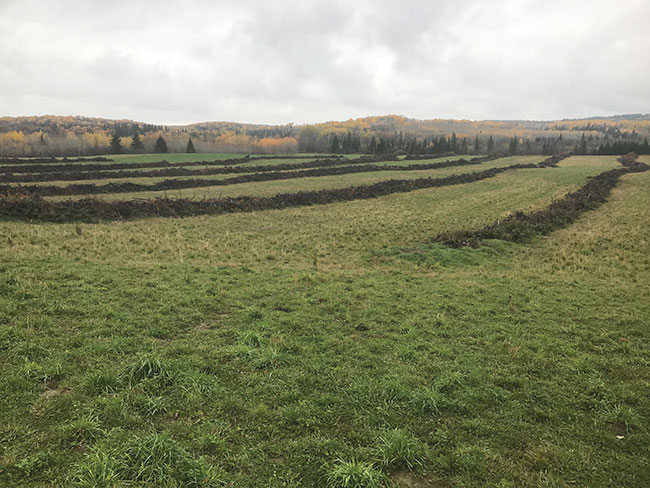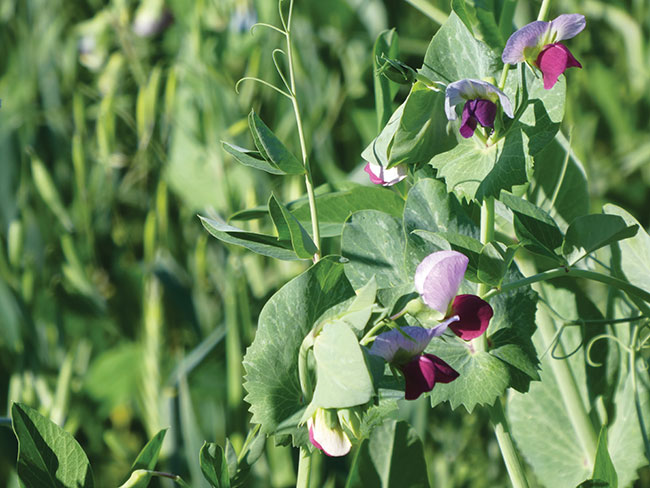| |
| |
 |
 |
| |
 |
|
@{mv_date_MMM d, yyyy}@ |
|
| |
 University of Guelph's Clarence Swanton and USDA colleagues have found that, in the presence of weeds, crop plants become so stressed out that they change their chemical and physical behaviour.
» Read More...
University of Guelph's Clarence Swanton and USDA colleagues have found that, in the presence of weeds, crop plants become so stressed out that they change their chemical and physical behaviour.
» Read More...
The governments have negotiated a Sustainable Canadian Agricultural Partnership that will see upwards of $1.77 billion in support for the province's agri-food sector over the life of the agreement.
» Read More...
Nominate an outstanding woman in Canadian ag before March 31. Since 2020, we’ve celebrated the achievements of women in Canada’s agriculture industry through the program.
» Read More...
|
| |
 |
 |
| |
|
| |
 Lakehead University's Amanda Diochon notes that farmers want to protect and enhance their soils. So, they are trying land-clearing practices that keep more soil and more soil organic matter on their fields. In the longer run, that should help their organic matter stores and soil health, but other issues can crop up. These approaches may make sense for the soil, but does it "make cents?"
» Read more...
Lakehead University's Amanda Diochon notes that farmers want to protect and enhance their soils. So, they are trying land-clearing practices that keep more soil and more soil organic matter on their fields. In the longer run, that should help their organic matter stores and soil health, but other issues can crop up. These approaches may make sense for the soil, but does it "make cents?"
» Read more... |
| |
 Peas, please! While silage and greenfeed production on the Prairies are often based on monocrop cereals like barley, oat or triticale, several research studies are finding that a pea/cereal intercrop can bring added benefits of increased yield, less lodging, higher crude protein and lower neutral detergent fibre.
» Read more...
Peas, please! While silage and greenfeed production on the Prairies are often based on monocrop cereals like barley, oat or triticale, several research studies are finding that a pea/cereal intercrop can bring added benefits of increased yield, less lodging, higher crude protein and lower neutral detergent fibre.
» Read more... |
| |
| |
|
| |
|
|
| |
| |







